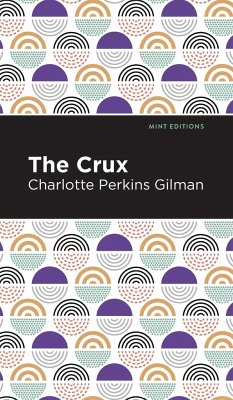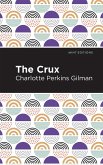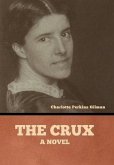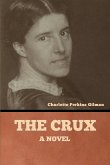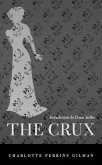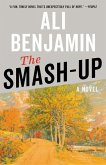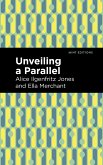When a group of New England women move to the western frontier, they encounter a new set of problems testing their love, friendship and spirits. In The Crux, Gilman highlights women's need for economic independence and sexual autonomy. The strain of New England life pushes a group of progressive women to move to Colorado. Together, they open a boarding house and create a bustling business that supports both men and women. When one of the ladies fall in love with a male resident, it dramatically changes the group's dynamic. His poor health and questionable standing make their relationship a point of contention. The author uses their scenario to examine self-determination theory, and its connection to other ideologies that may influence a woman's choice. The Crux is a powerful exploration of contemporary feminist ideals. It focuses on the many disparities between genders both personally and professionally. This is an intriguing look at the long-term effects of different social conventions. Since our inception in 2020, Mint Editions has kept sustainability and innovation at the forefront of our mission. Each and every Mint Edition title gets a fresh, professionally typeset manuscript and a dazzling new cover, all while maintaining the integrity of the original book. With thousands of titles in our collection, we aim to spotlight diverse public domain works to help them find modern audiences. Mint Editions celebrates a breadth of literary works, curated from both canonical and overlooked classics from writers around the globe.
Hinweis: Dieser Artikel kann nur an eine deutsche Lieferadresse ausgeliefert werden.
Hinweis: Dieser Artikel kann nur an eine deutsche Lieferadresse ausgeliefert werden.

